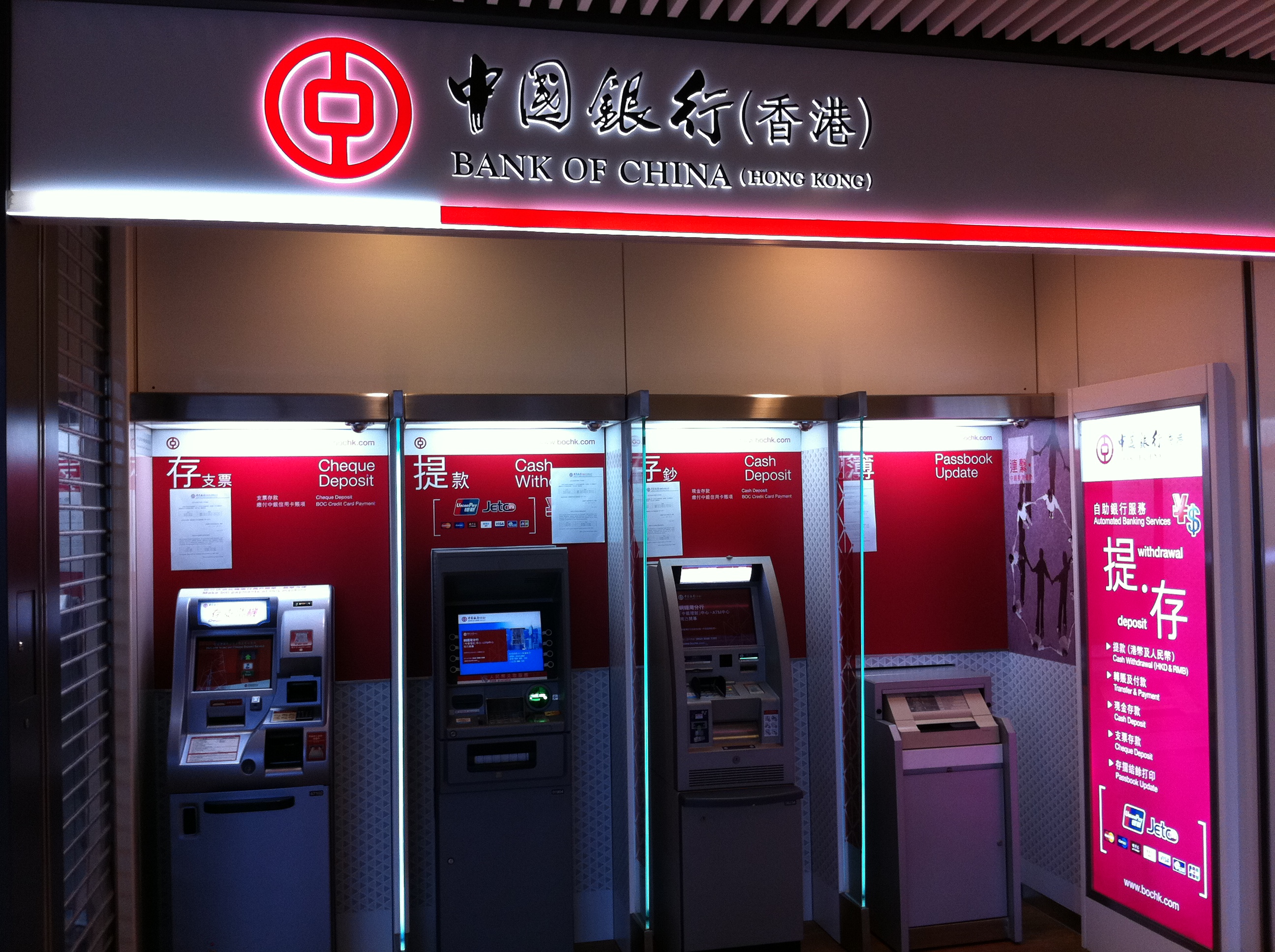At December 31, China's banking assets reached $ 33 trillion, compared with $ 31 trillion in the 19 euro-zone countries, $ 16 trillion in US and $ 7 trillion in Japan, according to results of the FT’s own analysis.
"The sheer size of China's banking system is a cause for celebration, but a signal of excessive economic dependence on bank financing, aggravated inefficient allocation of resources and incredible credit risks," - says Professor Eswar Prasad of Cornell University, previously in charge of the Chinese direction of the IMF.
China expects another slowdown in economic growth in 2017 - to about 6.5% against the target range of 6.5% to 7%, and actual 6.7% last year, said Chinese Premier Li Keqiang. However, Beijing will continue to carry out reforms designed to reduce financial risks and slow down growing debts of enterprises, as well as to increase openness of the economy to the outside world.
Meanwhile, size of China's foreign exchange reserves in January decreased by 12.3 billion to $ 2.998 trillion. Their volume has fallen below three trillion dollars for the first time since February 2011 reported Reuters on Tuesday, 7 February.
Analysts who participated in the agency’s survey, predicted that the reserves will fall by 10.5 billion dollars, to three trillion.
In December 2016 China's gold reserves fell by $ 41 billion.
According to preliminary estimates, China's budget deficit amounted to 2.83 trillion yuan in 2016 (more than $ 400 billion). This is a record level. The target set by the Chinese government was equal to 2.18 trillion yuan.
Jan. 20 Bloomberg warned that the Chinese corporate debt market may soon experience another "default storm."
source: ft.com, bloomberg.com, reuters.com
"The sheer size of China's banking system is a cause for celebration, but a signal of excessive economic dependence on bank financing, aggravated inefficient allocation of resources and incredible credit risks," - says Professor Eswar Prasad of Cornell University, previously in charge of the Chinese direction of the IMF.
China expects another slowdown in economic growth in 2017 - to about 6.5% against the target range of 6.5% to 7%, and actual 6.7% last year, said Chinese Premier Li Keqiang. However, Beijing will continue to carry out reforms designed to reduce financial risks and slow down growing debts of enterprises, as well as to increase openness of the economy to the outside world.
Meanwhile, size of China's foreign exchange reserves in January decreased by 12.3 billion to $ 2.998 trillion. Their volume has fallen below three trillion dollars for the first time since February 2011 reported Reuters on Tuesday, 7 February.
Analysts who participated in the agency’s survey, predicted that the reserves will fall by 10.5 billion dollars, to three trillion.
In December 2016 China's gold reserves fell by $ 41 billion.
According to preliminary estimates, China's budget deficit amounted to 2.83 trillion yuan in 2016 (more than $ 400 billion). This is a record level. The target set by the Chinese government was equal to 2.18 trillion yuan.
Jan. 20 Bloomberg warned that the Chinese corporate debt market may soon experience another "default storm."
source: ft.com, bloomberg.com, reuters.com



















